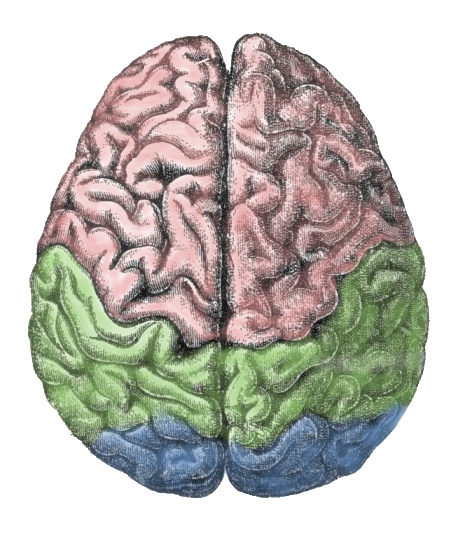- Did you know that your brain accounts for less than 2% of your body weight, yet uses roughly 20% of our daily calories?
- Your brain is a picky eater. It demands a constant supply of glucose, primarily obtained from carbohydrates like fruits, veggies and grains. Sugary snacks provide the wrong kind of glucose, and damages cells everywhere in the body – including the brain.
- A study at Aston University in England suggests that more frequent, but smaller meals help the brain work best. They found that the brain works best with about 25 grams of glucose circulating in the system – about the amount found in a banana.
- The brain is 60% fat. Essential fatty acids – the Omega 3’s are brain food!
- 20% of our blood circulation is devoted to the brain.
- Don’t eat too much! A study at the University of Wisconsin found that there is an immune response to too much food and may cause cognitive deficit.
- Rats that gorged themselves on highly saturated fats for several weeks showed damage to the hippocampus – a brain area critical to memory.
- The frontal cortex is the CEO of our brain and particularly sensitive to falling glucose levels. When the glucose level drops, confused thinking sets in.
- Keep building your brain. Your brain continues to develop new connections through learning throughout your life.
- Exercise daily! Physical exercise helps the brain by improving circulation and memory, and balance, coordination and reflexes are all improved with exercise. Mental exercise can help the brain by building new neural connections, boosting memory and offsetting the debilitating effects of age and disease.
From the Desk of Dr. Karl R.O.S. Johnson, DC.....
The Amazing Brain: 10 Facts About Your Brain
Posted by Dr. Karl R.O.S. Johnson, DC on Tue, Oct 11, 2011
0 Comments Click here to read/write comments
Topics: D'Adamo, exercise, brain, Glucose, Brain Health




